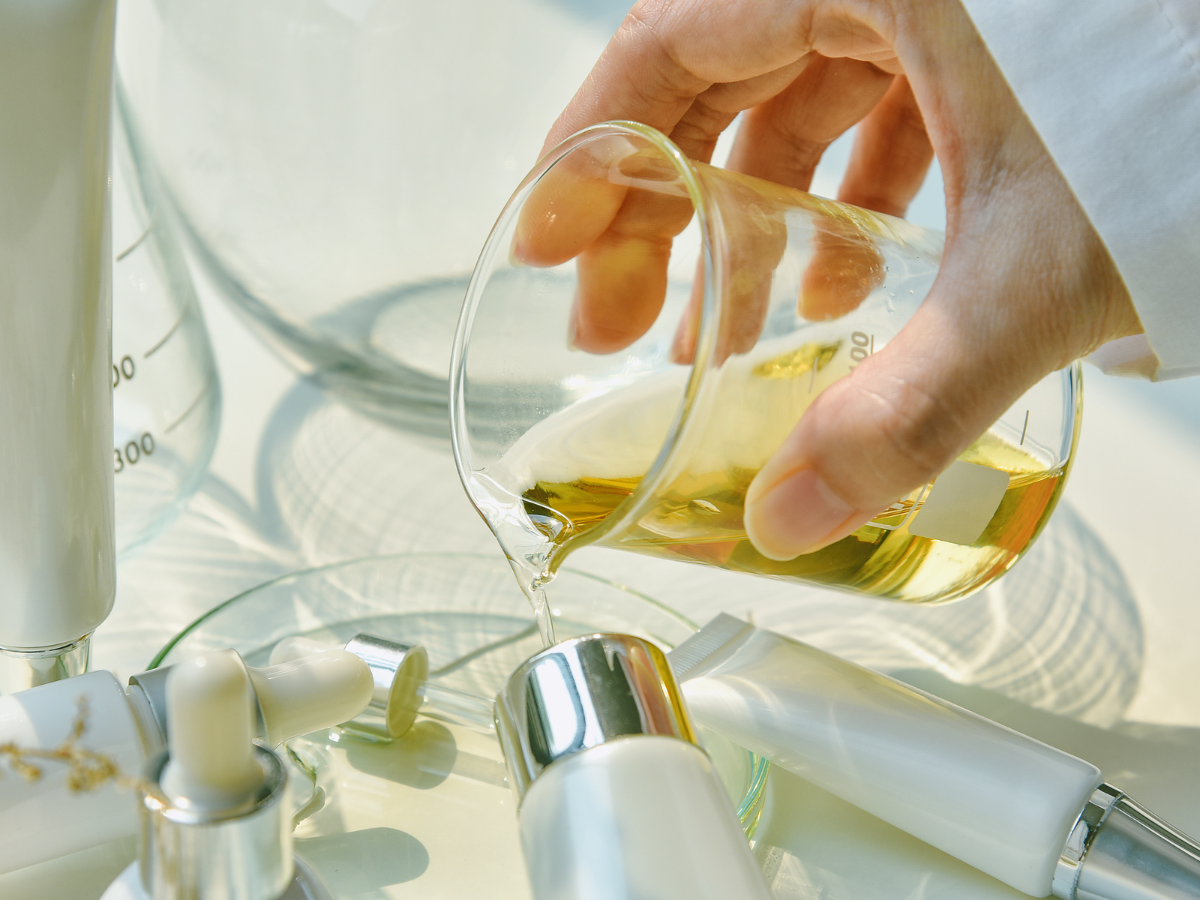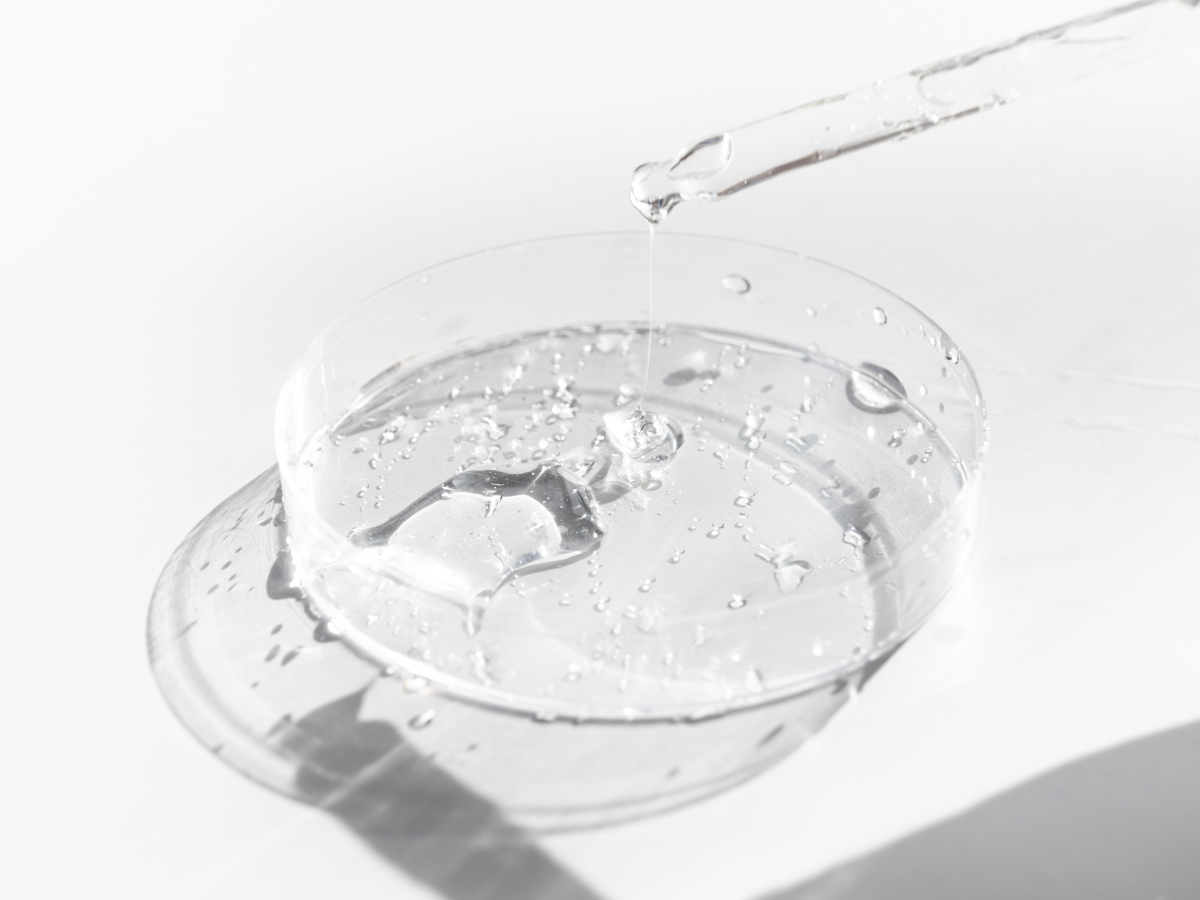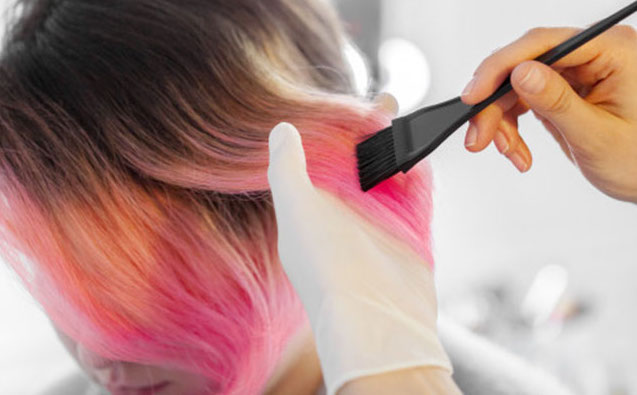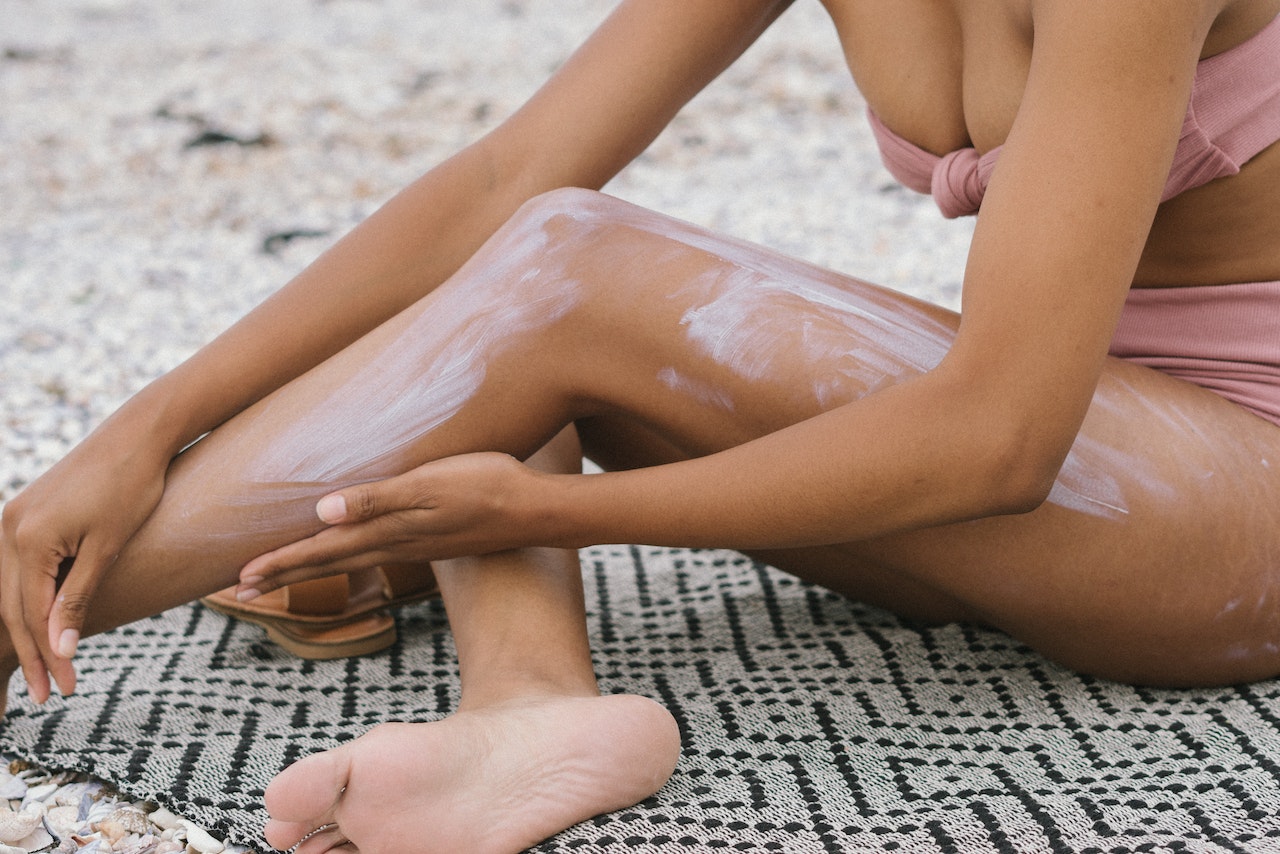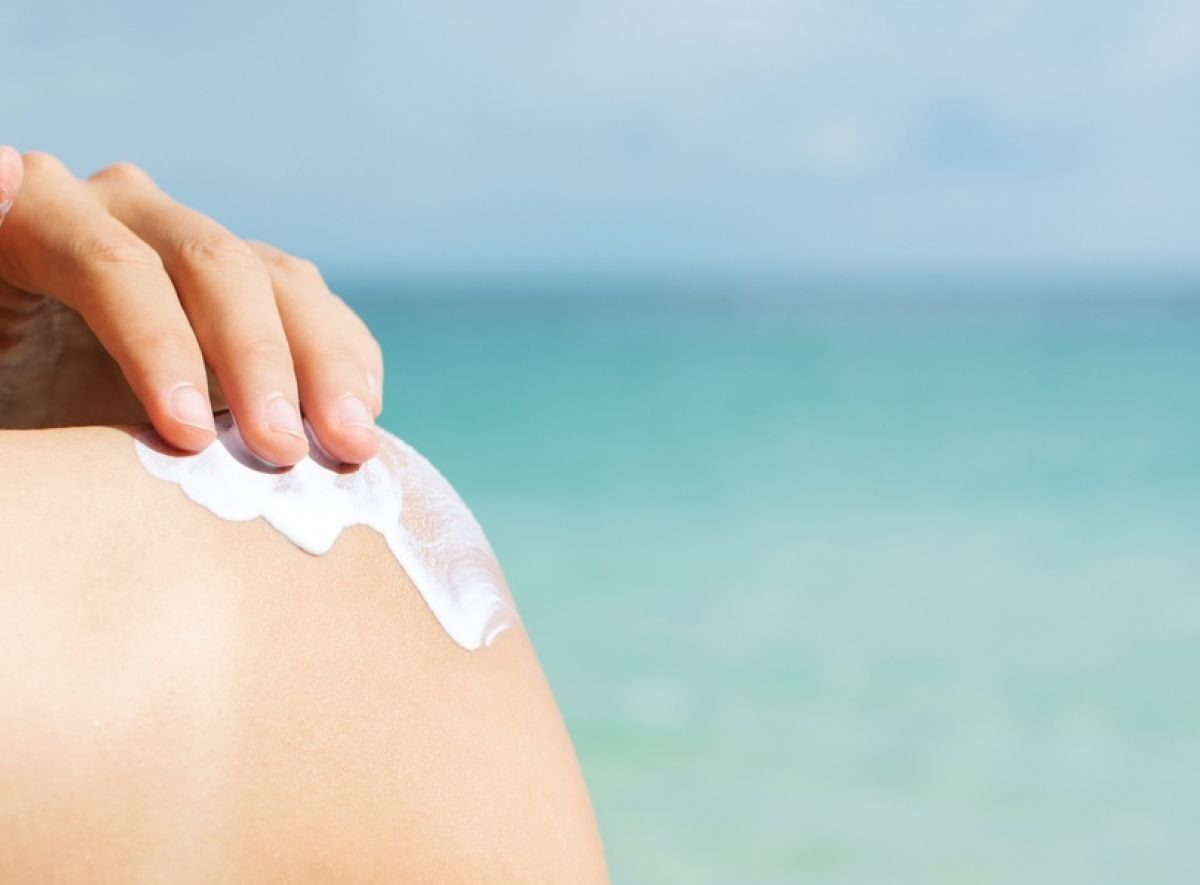The Health and Safety Executive (HSE) on 12th March 2024, updated the GB Mandatory Classification List (MCL), adding 25 new chemical substances. This follows Article 37 of the GB Classification, Labelling and Packaging (CLP) Regulation.
The list includes substances with an INCI name, which identifies them as cosmetic ingredients. However, they have a proposed Carcinogen, Mutagen or Reprotoxic (CMR) classification, which triggers Article 15 of the UK Cosmetics Regulation (UKCR).
Among these are:
- 2-ethylhexanoic acid and its salts, which are reprotoxic 1B.
- Two forms of this substance are already on the UK Cosmetics Regulation’s Annex II and are banned from use in cosmetics. However, 2-ethylhexanoic acid zinc salt, which currently doesn’t have an entry in the UK Cosmetics Regulation, may be used as a cosmetic ingredient. It’s expected to be banned and added to the UK Cosmetics Regulation’s Annex II.
- Dimethyltolylamine, which is carcinogenic 1B, also doesn’t have an Annex entry in the UK Cosmetics Regulation. It’s anticipated to be banned for use in cosmetics and added to Annex II of the UK Cosmetics Regulation.
The harmonised classifications will be applicable from 2nd September 2025.

